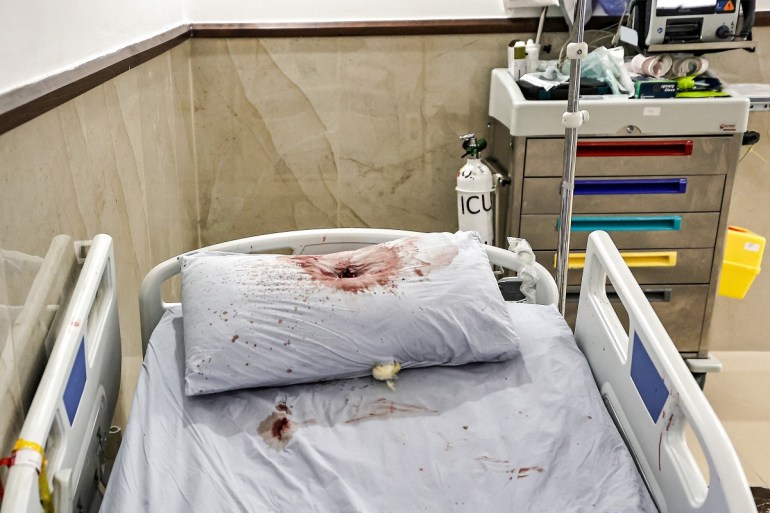The recent assassinations at Jenin hospital in the West Bank should not come as a surprise to anyone familiar with the ongoing attacks on Palestinian healthcare by the Israeli regime. In a distressing video that went viral on social media, Israeli special forces soldiers disguised as Palestinians entered the hospital and proceeded to assassinate three Palestinian men, two of whom were brothers. They not only targeted the victims but also terrorized hospital staff and other patients, as seen in the video where they forced a bystander to kneel at gunpoint.
Witnesses recount that there were no attempts to arrest the men and instead they were shot while they slept, including one who was receiving treatment for a spinal injury sustained in an Israeli airstrike. While this might be the first time an assassination took place on the hospital grounds in Jenin, similar incidents have occurred in other parts of the West Bank. In 2015, undercover Israeli special forces invaded a hospital in Hebron, arresting an injured Palestinian, killing his cousin, and threatening hospital staff at gunpoint.
These undercover forces, known as the “mustara’bim” in Arabic, are Israeli agents who blend into Palestinian communities or disguise themselves as Palestinians to gather intelligence or carry out operations. Since 1948, this unit has consisted of agents with Jewish-Arab backgrounds who are trained in Palestinian Arabic language, customs, and dressing to blend in. They often infiltrate protests to create chaos and paranoia and occasionally participate in special operations like the one at the Jenin hospital.
Unfortunately, the attacks on healthcare services and facilities in Jenin have been increasing over time. Doctors Without Borders reported a significant rise in attacks against healthcare services in the region, including the obstruction of ambulances and tear-gassing of medical facilities. These attacks have made accessing hospitals extremely difficult, forcing Palestinians in the Jenin refugee camp to set up makeshift clinics called “trauma stabilisation points” for emergency medical treatment.
The trend of disrupting healthcare in the West Bank is not limited to Jenin. There have been incidents where Palestinian ambulances were prevented from reaching critically wounded individuals and medical staff were detained for extended periods. The proliferation of checkpoints and road closures across the West Bank since October has


